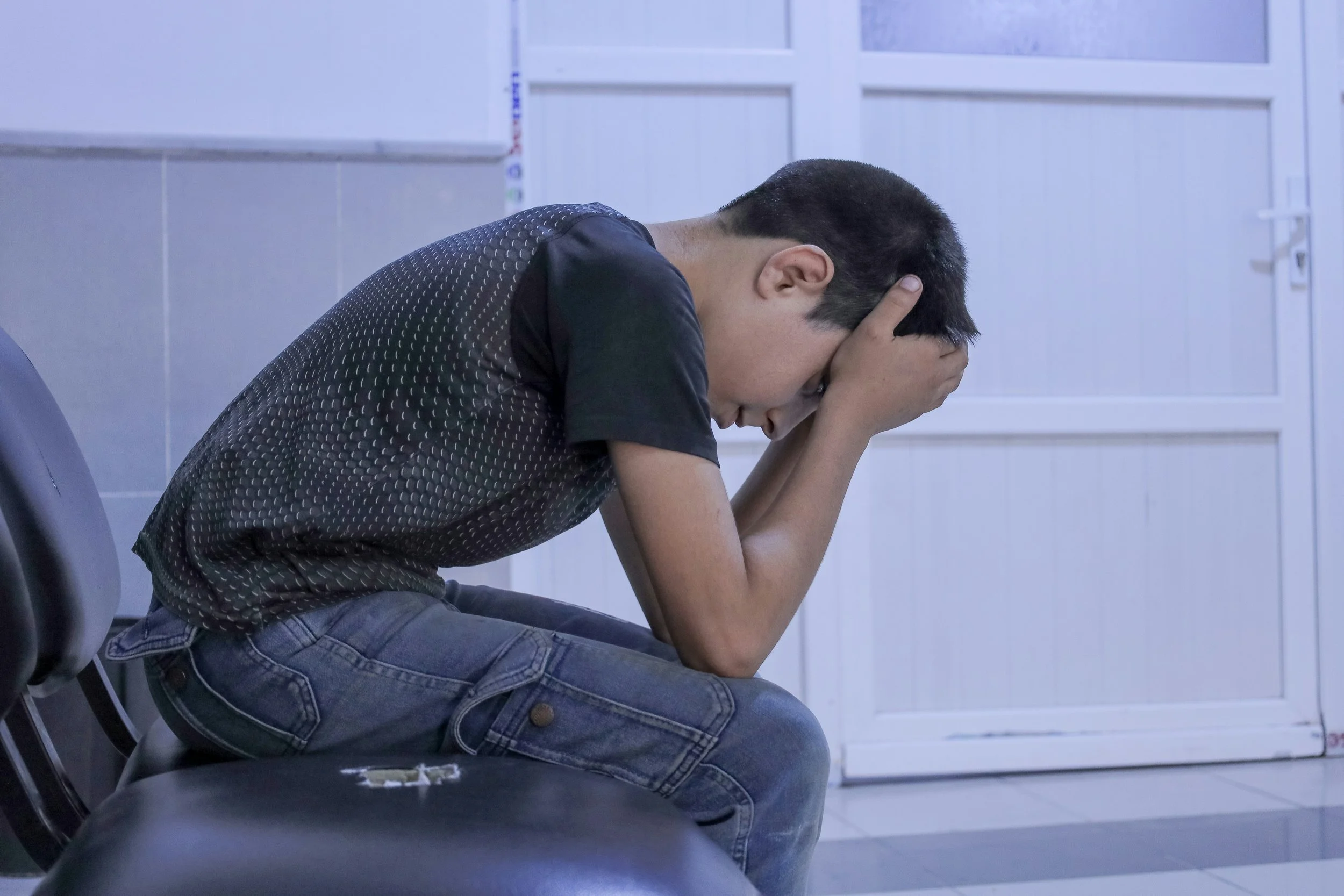When Should You See a Psychiatrist Instead of a Therapist? How to Know the Difference
Navigating the world of mental health care can be confusing, especially when trying to determine what kind of help you need. One of the most common and important questions people ask is: “When should I see a psychiatrist vs a therapist?” The answer isn’t always simple, but understanding the roles, training, and treatment methods of different mental health professionals can make your decision easier and more informed.
While both psychiatrists and therapists aim to improve your mental well-being, they use different approaches and tools. Some people may need talk therapy to sort through emotions and behaviors. Others may require medical management for more complex mental health disorders. Knowing which professional to see — and when — can make a big difference in your recovery and mental health journey.
At Wellman Psychology, we understand that taking the first step toward mental health treatment is often the hardest. That’s why our Psychotherapy Andersonville team of experienced psychologists, therapists, and psychiatrists works collaboratively to ensure you receive the right support from the start.
What Is a Psychiatrist?
A psychiatrist is a licensed medical doctor (MD or DO) who specializes in diagnosing and treating mental, emotional, and behavioral disorders. Because of their medical background, psychiatrists are qualified to prescribe medications, order lab tests, and perform physical exams when evaluating your mental health condition.
Psychiatrists often work with patients dealing with more complex or severe mental health issues, including chemical imbalances in the brain. Their treatment plans may include:
Prescription medications (antidepressants, mood stabilizers, antipsychotics)
Psychotherapy (less commonly but sometimes included in treatment)
Ongoing psychiatric evaluations to track medication effectiveness
They are especially helpful for individuals who may have a dual diagnosis (a combination of mental health and substance use disorders) or who require hospitalization or intensive care.
What Is a Psychologist?
A psychologist is a mental health professional who holds a doctoral degree (Ph.D., Psy.D., or Ed.D) and is trained in psychological assessment and therapy. Psychologists are not medical doctors, so they generally cannot prescribe medication (unless licensed to do so in certain states or provinces with additional qualifications).
Instead, psychologists focus on:
Psychological testing and diagnosis
Behavioral interventions
Talk therapy approaches such as cognitive-behavioral therapy (CBT), acceptance and commitment therapy (ACT), and dialectical behavior therapy (DBT)
Psychologists help clients understand the underlying emotional patterns and thought processes that contribute to mental health challenges.
What Is a Therapist?
A therapist is a general term that includes a range of licensed mental health professionals, such as:
Licensed Professional Counselors (LPCs)
Licensed Clinical Social Workers (LCSWs)
Marriage and Family Therapists (LMFTs)
Psychotherapists and mental health counselors
Therapists are trained to provide talk therapy, helping individuals work through life stressors, emotional challenges, or specific issues like trauma, grief, or relationship problems.
Therapists often specialize in certain methods or client groups and may help with:
Day-to-day stress
Coping with divorce or major life changes
Relationship conflicts
Building self-esteem
Managing anxiety and depression
Difference Between Psychiatrist and Psychologist
Here’s a breakdown to better understand the key differences between the two:
Category
Psychiatrist
Psychologist
Education
Medical degree (MD or DO) + psychiatry residency
Doctoral degree (Ph.D., Psy.D., or Ed.D.) in psychology
Medication
Can prescribe medications
Cannot prescribe (except in limited regions with extra training)
Therapy
May offer some therapy, but is more focused on medication
Specializes in various types of talk therapy
Ideal For
Severe mental illness, complex diagnoses, and medication needs
Talk therapy, behavior change, and emotional support
Both professionals are critical in mental health care, often working together in integrated treatment plans.
When to See an Online Psychiatrist
Online psychiatry has made mental health care more accessible than ever. With the convenience of virtual appointments, patients can receive professional care without needing to visit a clinic.
You might want to consult with an online psychiatrist if you’re dealing with the following conditions:
Major Depressive Disorder (MDD): If therapy alone hasn’t helped, a psychiatrist can assess your symptoms and prescribe medications.
Bipolar Disorder: Managing mania and depressive episodes often requires mood stabilizers and close monitoring.
Schizophrenia or Psychosis: Antipsychotic medication and professional supervision are essential.
Obsessive-Compulsive Disorder (OCD): A psychiatrist can help manage severe compulsions through both medication and therapy referrals.
ADHD: Psychiatrists can diagnose and prescribe stimulants or non-stimulant medications to improve focus.
Borderline Personality Disorder (BPD): Comprehensive care often involves therapy and targeted medications for mood regulation.
If your symptoms are severe, persistent, or worsening, starting with an online psychiatrist could provide the immediate medical help you need.
How Do I Know If I Should See a Psychiatrist or Psychologist?
Not sure where to begin? Here are some signs to help you decide:
See a Psychiatrist If…
See a Psychologist If…
You’re experiencing suicidal thoughts
You need help coping with stress or grief
You suspect you may have a serious mental illness (e.g., bipolar disorder)
You want to understand emotional patterns or improve relationships
You’re considering psychiatric medication
You need psychological testing or evaluations
You’ve tried therapy but need additional support
You want long-term support for anxiety or depression
In many cases, people benefit from both professionals — a psychiatrist for medication and a psychologist for therapy.
Is a Therapist or Psychiatrist Better for Anxiety?
It depends on how severe your anxiety is and how it's affecting your life:
For mild to moderate anxiety: A therapist is a great place to start. Therapies like CBT have proven highly effective at reducing anxious thoughts and behaviors.
For severe, panic-driven, or chronic anxiety: A psychiatrist may be necessary to provide medication that helps balance brain chemistry while you work on coping strategies.
Often, the best approach is a combination therapy for skills and support, and psychiatry for medical management when needed.
Final Thoughts
Understanding the difference between psychiatrists, psychologists, and therapists is a crucial first step in your mental health journey. Each professional offers unique tools and approaches, and the right one for you depends on your personal needs, condition severity, and treatment goals.
Whether you're exploring therapy for the first time or need comprehensive psychiatric support, Wellman Psychology is ready to help you every step of the way.
Don’t guess your way through mental health. Let Wellman Psychology guide you to the right care. Our compassionate Psychotherapy Andersonville team offers therapy, psychological evaluations, and psychiatric services all in one place.
We believe in treating the whole person with science, heart, and understanding. Call or visit us online to schedule a consultation with a provider who truly listens. Take the first step with Wellman Psychology — your mental wellness partner.
Feel free to check out our social media links below:
Find out more articles that can help you below:







